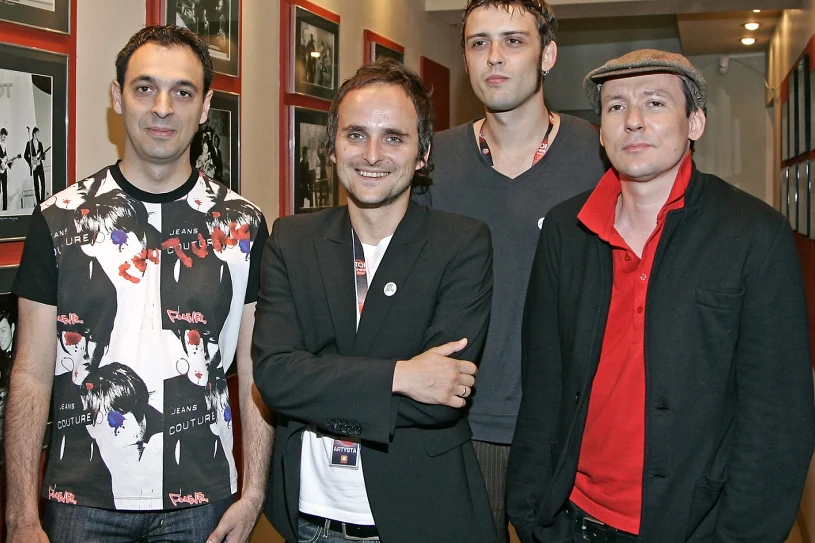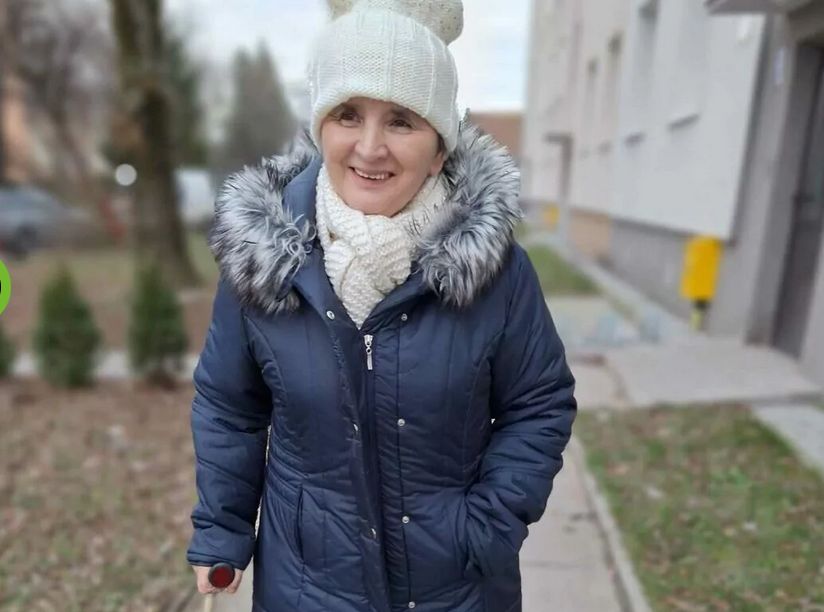Thousands of resident doctors across England began a five-day strike on Friday morning, prompting Health Secretary Wes Streeting to accuse the British Medical Association (BMA) of holding patients "to ransom." The industrial action, the 13th walkout since March 2023, is expected to cost the NHS up to £300 million and disrupt tens of thousands of appointments.
Streeting launched a blistering attack on the union during an LBC radio interview. He told striking doctors: «Don't tell me you don't want to be out on strike, because that's exactly where you are. You made that choice, own it and own the damage it will do to your patients.»
The Health Secretary accused BMA leadership of prioritizing activism over patient care. «I don't believe the BMA are speaking for their members. I think they're speaking for their activists,» he said. «Those activists are damaging the NHS recovery, disrupting patients' lives and they need to own the consequences of their actions.»
The Pay Dispute
The strike centers on a fundamental disagreement over compensation. The BMA is seeking a 26 per cent pay uplift, arguing doctors' earnings remain "a fifth down" compared to their 2008 value after accounting for inflation.
The government maintains doctors have already received substantial increases. Streeting pointed to a 28.9 per cent pay rise over the past three years, describing it as "the highest in the public sector."
During his LBC interview, Streeting criticized the timing and necessity of the action: «So, to hold patients to ransom and to be out on strike, setting back the NHS, because you don't think we're going fast enough, and because the leadership of your union are not honest enough that some of this change takes time, is extremely irresponsible.»
BMA Response
Dr Tom Dolphin, BMA council chairman, told the BBC the union hoped negotiations might progress. «We hoped that we might be getting into that direction,» he said, but added: «But, unfortunately, we reached an impasse, which is why we're where we are now.»
Dolphin defended the action, citing ongoing pay concerns and workforce issues. «We've got pay that is still a fifth down on the value that it had in 2008 – pay packets are still missing a fifth of their value,» he explained. The union also highlighted that thousands of doctors cannot access training posts needed to become specialists or GPs.
Despite the strike, the BMA maintains it wants to resolve the dispute. «We want to negotiate, we want a settlement to this. We don't want to be on strike. We'd much rather be looking after the patients,» Dolphin said.
Impact on Patients and NHS
Matthew Taylor, chief executive of the NHS Confederation, warned of widespread disruption. «There is no doubt that patients will bear the brunt of this disruption, with tens of thousands of tests, appointments and operations likely to be delayed or cancelled,» he said.
The previous five-day walkout in July cost an estimated £300 million and led to more than 54,000 cancelled or rescheduled procedures. NHS bosses warn continued strikes could force staff cuts and service reductions, with already tight budgets unable to absorb the financial impact.
The timing adds pressure as flu season begins. NHS leaders fear the strikes will leave the health service "limping into a very difficult winter" while trying to reduce waiting lists and implement long-term reforms.
Note: This article was created with Artificial Intelligence (AI).













![Nowoczesny gabinet psychologiczno-logopedyczny w „Latawcu” [FOTO]](https://swidnica24.pl/wp-content/uploads/2026/02/Latawiec-nowy-gabinet-2026.02.05-mix.jpg)



